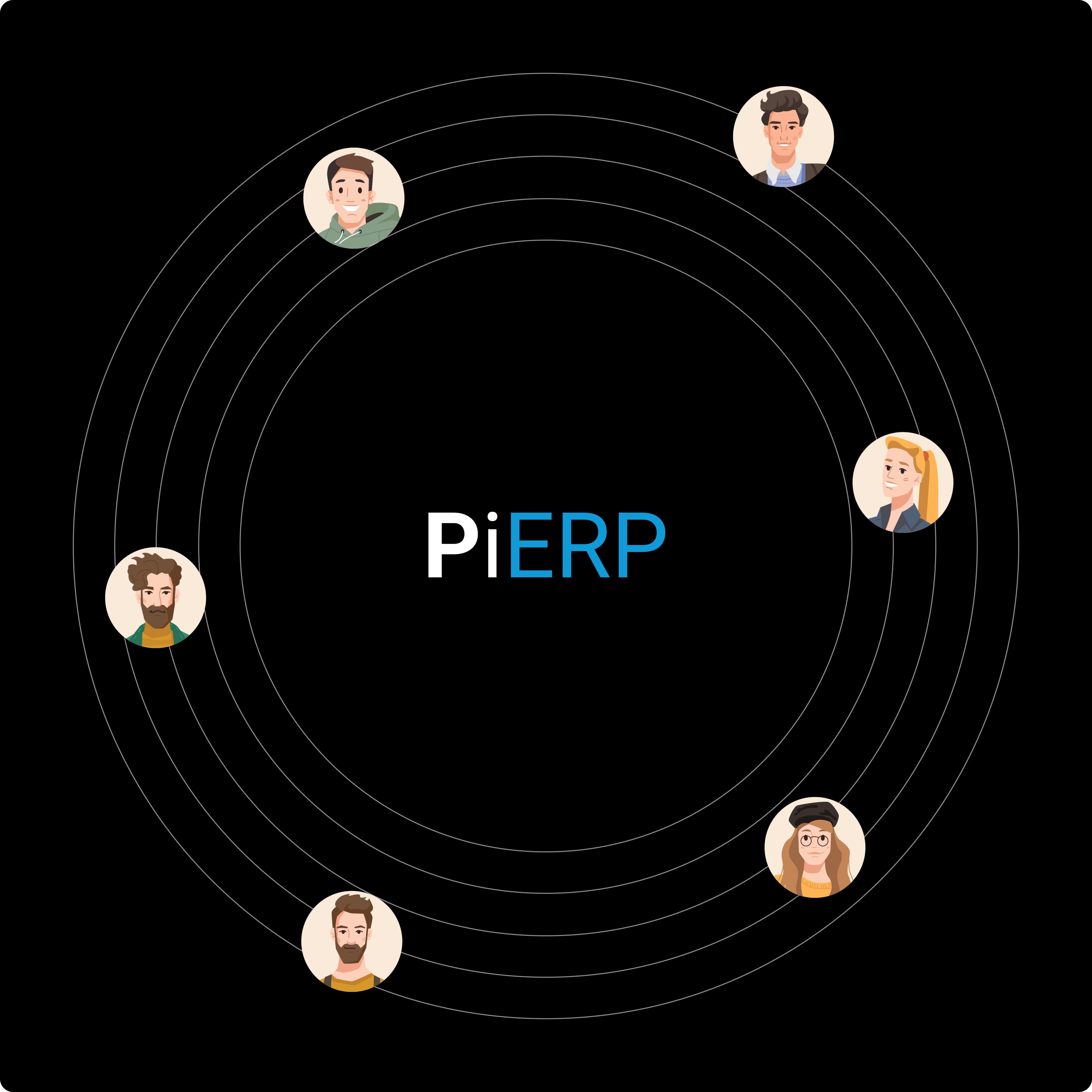404
Oops, Page Not Found
We are very sorry for inconvenience. It looks like you’re try to access a page that either has been deleted or never existed.
Read the FAQs
Lorem ipsum dolor sit amet, consectet adipiscing elit. Consequat aliquet soll ac. Lorem ipsum dolor sit amet, consectet adipiscing elit..
Help & Support
Lorem ipsum dolor sit amet, consectet adipiscing elit. Consequat aliquet soll ac. Lorem ipsum dolor sit amet, consectet adipiscing elit.


